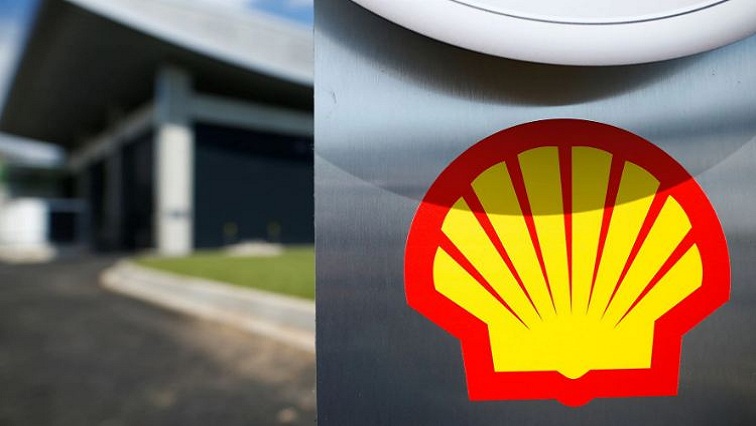Petroleum giant Shell has refuted claims that it failed to conduct proper environmental impact assessments for its planned, five-month seismic testing project off the Wild Coast of KwaZulu-Natal.
The controversial project is a seismic survey of the seas between Morgan’s Bay and Port St Johns to map the ocean floor for signs of oil or gas.
Environmental organisations have accused Shell of using a legal loophole to bypass an environmental impact assessment.
They say authorisation for the projects was obtained in 2013, when the legal framework excluded the impact assessment.
But, in an exclusive interview with SABC’s current affairs show, Newsbreak, Country Chair for Shell South Africa, Hloniphizwe Mtolo says all necessary requirements were met: “Indeed there has been lot of conversation around this project. What we are doing, we are targeting, an area within our exploration block where we believe there may be potentially hydro-carbon deposits beneath the seabed. So, to understand if there could be commercially viable resources, we need to build up an image of what is in the sub-surface. So to image the sub-surface one must undertake a seismic survey. This is a collection of data that the scientists use to interpret what is under the surface.”
Mtolo explains the process of this testing and what it entails: “It entails the process of using devices that go onto the surface of the ocean. From there, they actually shoot the sound sources. This sound source will then go beneath the sub-surface and then we look at what is there. So, it’s an imaging process.”
Mtolo says the imaging process wont have a negative impact on the ocean or marine life: “If this was something that we believe would damage the environment and would damage marine species, we would not be doing it as Shell. We believe that over the years we developed enough understanding of how these processes are, there projects are conducted. In doing that, we used a lot of science and technology to make sure that we mitigate any potential harm that we might cause to marine life and all that is in the water.”
Mtolo adds: “Indeed assessments have been done. And it is important to put to you that this kind of survey, there are thousands of them going on as we speak around the globe. Some have been conducted on our coasts as well without any noticeable damage to marine life. We make sure that we do not harm any animals. We adopt certain mitigation measures in response to those identified impacts that might occur. There’s a lot of research that goes into this. And what we do, which is very very effective, is that we include making an exclusion zone around the sound source. The exclusion zone goes to about 500m. And this exclusion zone is monitored to make sure that no animals comes into it. We also have those dedicated people on board who are listening for any animals that we don’t see come to the ocean surface. If an animal does come into the exclusion zone, the actual sound initiative is actually stopped until the animal leaves the exclusion zone, and when this animal leaves the exclusion zone, then we again start, and start in a very very soft process then it is obviously escalated to the required level in due course.”
Some environmental organisations say that Shell is taking advantage of a legal loophole in that the permissions and authorisations that were received for this particular project were done so at a time when the laws were different and the requirements were different.
Mtolo responds: “That statement is wrong. All the necessary checks were done in the 2013/2014 time zone. However, in 2020, a thorough audit in revisiting the process was conducted to make sure that what we intend doing meets the requirements of the law and the requirements of all that is expected to be done.”
Another criticism that Shell has been facing with regards to this particular project is why look now for more oil, why drill now, given that the focus is on renewables, given that the focus right now is on cleaner energy sources, and this is a very dirty project that leads to very dirty energy?
Mtolo explains: “Indeed we have seen that question and we’ve seen those concerns. The just energy transition is not something that you can switch on and switch off. You know, there is a process that gets taken over time. There are needs of energy that are there today that we must look into. And we need to look into developing these energies the best possible way we can. We are moving into the age of cleaner energy and we are very committed to making sure that we lead that transition. So, this is something we don’t take lightly. We’ve had a lot of consideration on this. And we believe it is the right thing. I, as a South African from KwaZulu-Natal, I’m very very fond of that area. I’ve been there a number of times I would not support something that I believe would be detrimental to that area. So I am assuring everybody that we are in this together. This country needs it for so many other reasons that we don’t have enough time to talk about it right now.”


